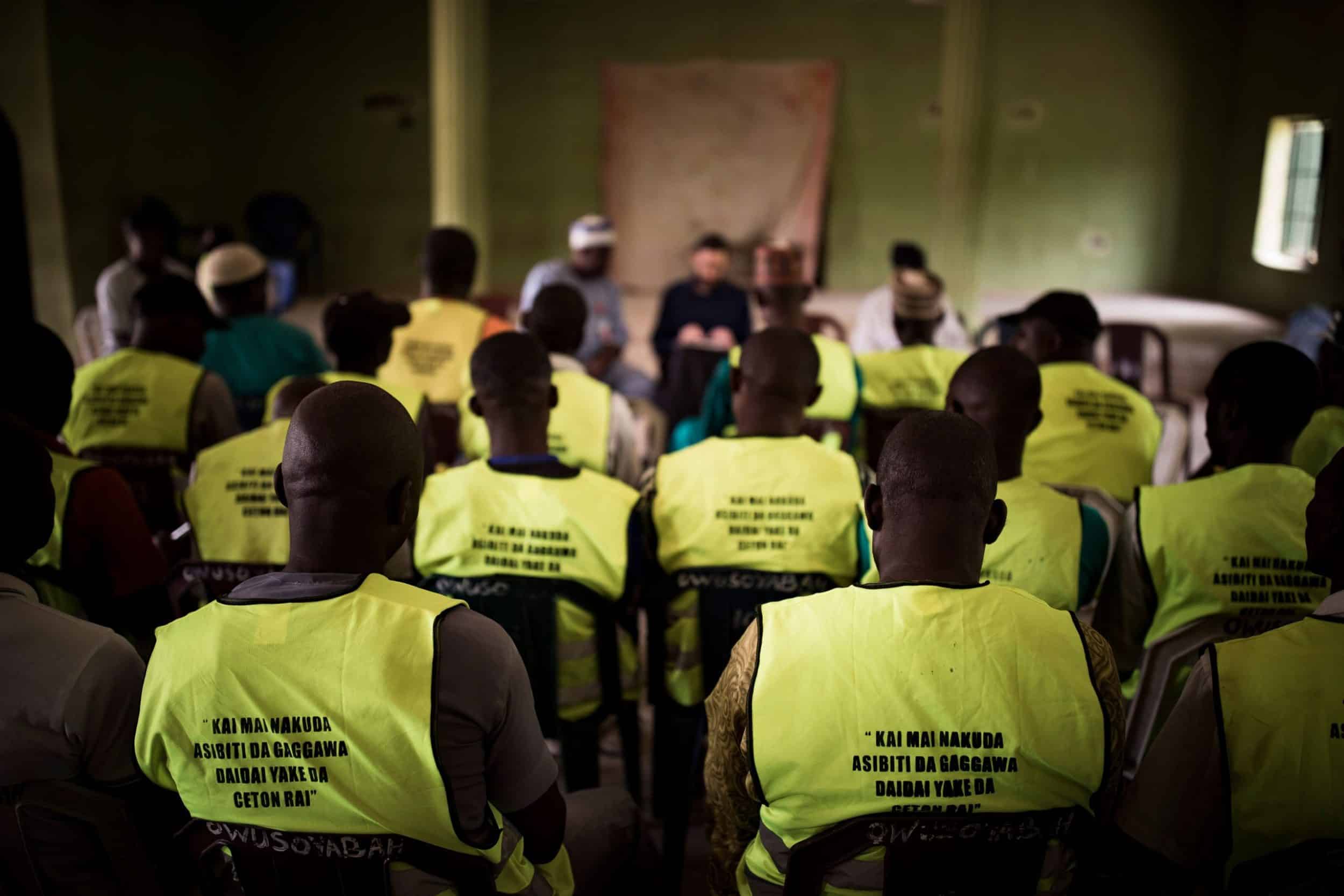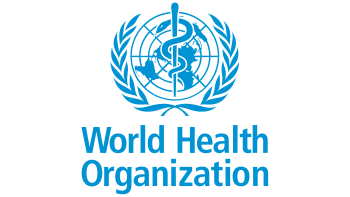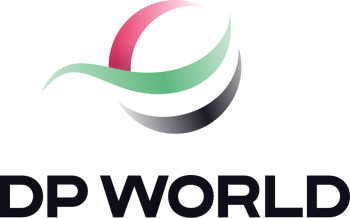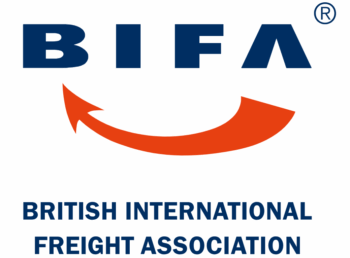Reports and Research Papers

Scaling up rectal artesunate in Zambia – Evidence Brief
Over 7,500 malaria deaths occurred in Zambia in 2018 and children under six are the most susceptible due to their lack of immunity. MAM@Scale empowered Zambian families in five districts (Chitambo, Serenje, Chama, Manyinga and Vubwi) to reduce their mortality risk from severe malaria by introducing artesunate rectal capsules (known locally as rectal artesunate or ‘RAS’), a cutting-edge pre-referral intervention given at community level to children aged six months to six years old. The MAMaZ Against Malaria (MAM) pilot project (2017-2018) reported a reduction in severe malaria case fatality from 8% to 0.25% in intervention sites in Serenje district.
Building on this evidence base, MAM@Scale began implementation in December 2018 with funding from Grand Challenges Canada, Medicines for Malaria Venture and Transaid. Originally an 18-month intervention, additional funding from FIA Foundation, Grand Challenges Canada and a private donor extended the project by six months and enabled the inclusion of a COVID-19 focus. MAM and MAM@Scale built on a longer-term investment in community health systems strengthening by two earlier projects.
This evidence brief looks at scaling up progress so far and highlights some key lessons to guide wider national scale up of the innovation.
Click below to read the full brief.









